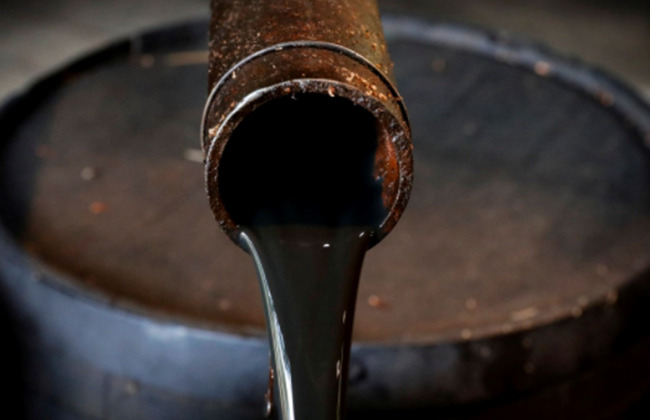
Oil prices were little changed on Friday, but headed for a second week of losses as supply concerns driven by conflict in the Middle East eased, while the demand outlook from the world’s top crude importer China remained uncertain.
Brent crude futures were down 13 cents, or 0.1%, to $86.72 a barrel at 0955 GMT, while US West Texas Intermediate crude futures slipped 10 cents, or 0.1%, to $82.36 a barrel.
Both benchmarks gained more than $2 a barrel on Thursday, but were on track to lose about 4% on the week.
Keep updated, follow The Business Standard’s Google news channel
China’s manufacturing activity unexpectedly contracted in October. The official purchasing managers’ index (PMI) fell to 49.5 in October from 50.2, dipping back below the 50-point level demarcating contraction from expansion, data from the National Bureau of Statistics showed on Wednesday.
On Friday, a private sector survey showed China’s services activity expanded at a slightly faster pace in October, but sales grew at the softest rate in 10 months and employment stagnated as business confidence waned.
Meanwhile, a US Labour Department employment report later on Friday is expected to show labour market conditions steadily easing, with annual wage growth the smallest in nearly 2-1/2 years and significant growth in the supply of workers.
The report could bolster the view that the US Federal Reserve need not raise interest rates further.
The Fed held interest rates steady on Wednesday, while the Bank of England held rates at a 15-year peak. The stable policies kept oil prices supported as some risk appetite returned to markets.
Meanwhile, geopolitical concerns remained in focus, as Israeli forces on Thursday encircled Gaza City – the Gaza Strip’s main city – in their assault on Hamas, its military said, but the Palestinian militant group resisted their drive with hit-and-run attacks from underground tunnels.
“The oil market will be watching for an escalation of tensions, particularly on the Lebanese border, as Hezbollah attacks increase,” City Index Fiona Cincotta said.
Hezbollah leader Sayyed Hassan Nasrallah will on Friday make his first public comments since Hamas and Israel went to war, a speech that will be scrutinised for clues on how the group’s role in the conflict might evolve.
On the supply side, top oil exporter Saudi Arabia is expected to reconfirm an extension of its voluntary oil-output cut of 1 million barrels per day through December, based on analyst expectations.


